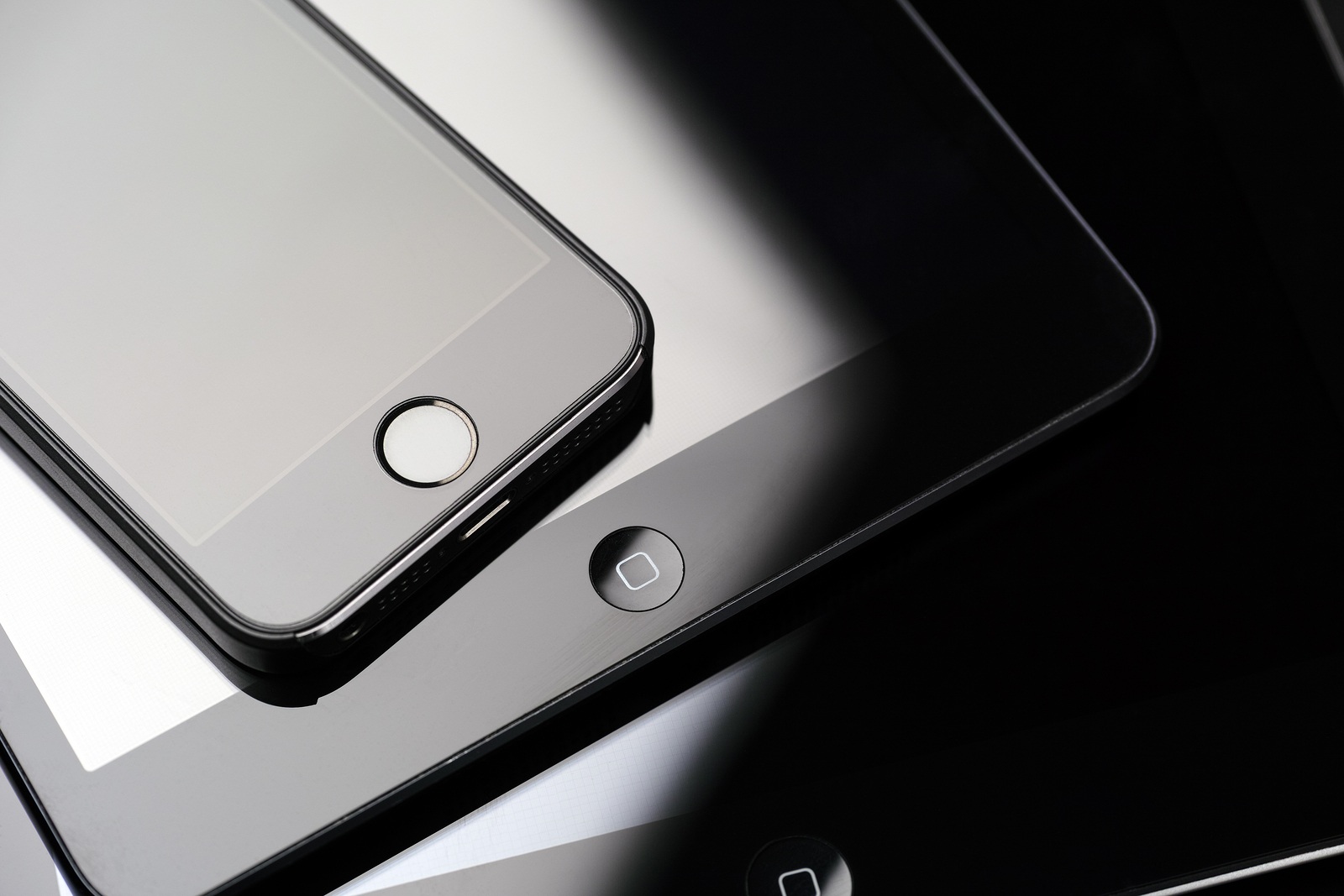In calendar week 46, it was announced that the German Bundestag wants to force Apple to open the NFC chip in the iPhone by law. But even a valid law will not be able to persuade the Californians to do so so easily - two clauses in the law could possibly save Apple.
Let's be honest. Which iPhone user would want to pay with Google Pay or any other payment service than Apple Pay? After all, the bitten apple offers us real security. In times like these, many companies are shining with inadequate data protection. This makes Apple all the more important in the eyes of fans. Anyone who has the opportunity to use Apple Pay is unlikely to consider any other solution - but we must never forget this one percentage of people who think differently. Whatever the case, media across the country are reporting on the new scandalous case - the result is anger and concern among fans. After all, existing laws are not so easy to take lightly. Anyone who thinks that Apple will immediately give in is mistaken. This story has the potential to stay with us for many years to come. But the whole thing could possibly be shortened.
Lobby scandal sums it up well, doesn’t it?
As a reminder: The German Finance Committee was originally supposed to draft a bill to implement the amending directives to the fourth EU Money Laundering Directive. But the bill was "spontaneously" expanded. The new section is intended to force all operators of payment service infrastructures to generally grant access to these "for a reasonable fee and using reasonable access conditions". Accordingly, the law would force Apple to open the NFC chip. But what consequences would this step have? Providers of other payment methods could therefore offer their solution on the iPhone, as they would also have access to the "Secure Enclave". Users could therefore choose between Apple Pay or other services. According to Apple, however, this would have a dire consequence. Cupertino could no longer guarantee the security of bank data. And what iPhone user wants that? The astonishing thing about this lobby scandal, however, is how quickly the whole thing was implemented. Apple sees the move as an open attack. According to reports, the company tried to prevent the whole thing within a few hours. The company even contacted the US embassy. The latter then put pressure on the Chancellery, which is said to have tried to influence the Finance Committee - but in vain. The draft law was published on Friday afternoon - now it just needs to be approved by the Bundesrat.
Two clauses could be the rescue
A few months ago, the Sparkasse itself demanded that the NFC chip be opened up so that it could offer its own solution. But in recent years, more than a dozen banks have made these demands of Apple. Do financial institutions around the world just want a bigger piece of the pie? Certainly. But how could Apple stop the whole thing? The company will certainly sue - that's beyond question. Who could win in the end? That's anyone's guess. There is, however, one option that Apple will try to use. The new law may sound watertight, but it contains two loopholes and Apple will certainly use them. The law speaks of "reasonable remuneration and using reasonable access conditions". It says on page 54:
The requesting payment service provider or e-money issuer must pay an appropriate fee for making the money available. The requirement of “domestic” ensures a connection to Germany.
But what amount is actually "appropriate" for providing such an interface? Apple could set a fee that banks are not prepared to pay and would therefore be off the hook, right? Let's move on to paragraph two. It says:
According to sentence 1, the system company does not have to provide the technical infrastructure services in accordance with paragraph 1 if there are objectively justified reasons for refusing to provide them. According to sentence 2, for example, proof of a specific threat to the security and integrity of the technical infrastructure services counts as an objectively justified reason.
However, a "comprehensible justification" for the rejection is required here, as it says a few paragraphs later. So is clause two Apple's solution? From the government's point of view, no - they believe that Cupertino will not be able to provide such a justification. Please remember - this article is only intended to shed further light on the case and give worried users a little hope. At this point in time, no one can predict the final outcome - but the fact is that Apple will be prepared for a long legal battle. If you would like to read the draft yourself, you can find it below. Click here for the official Apfelpatient Amazon store! (Photo by c_73 / Bigstockphoto)
- Apple: Government wants to force access to NFC chip for everyone
- Federal Council approves law – Apple must open NFC chip
*Updated version as of November 30th





